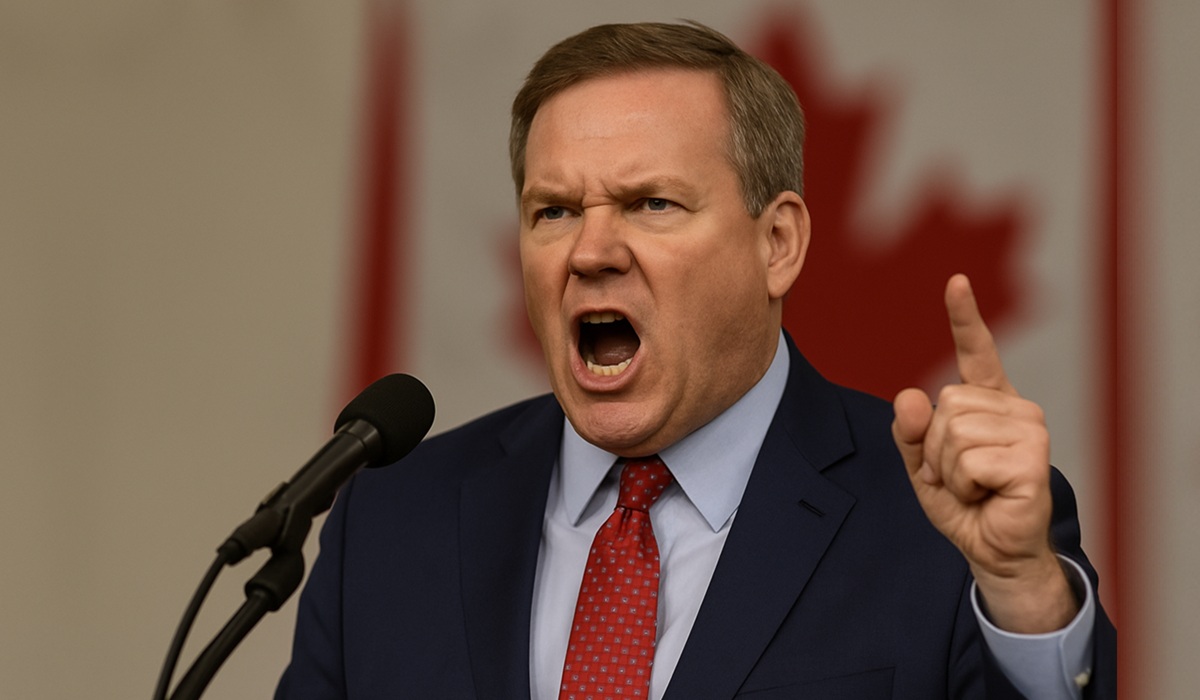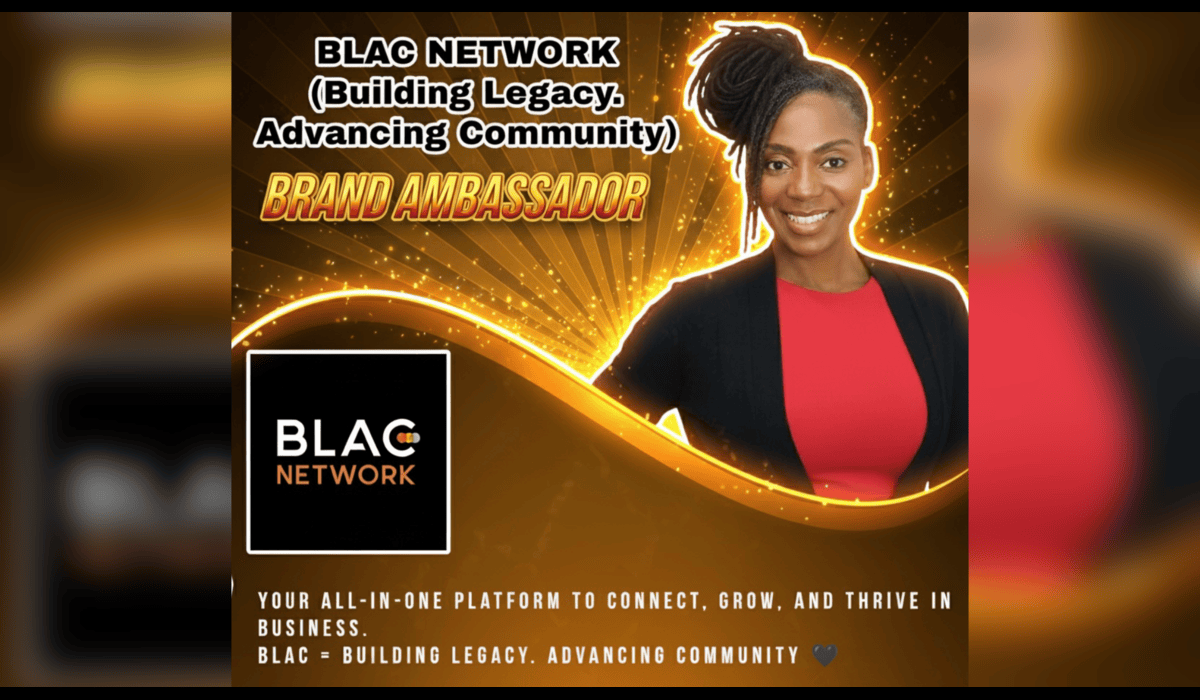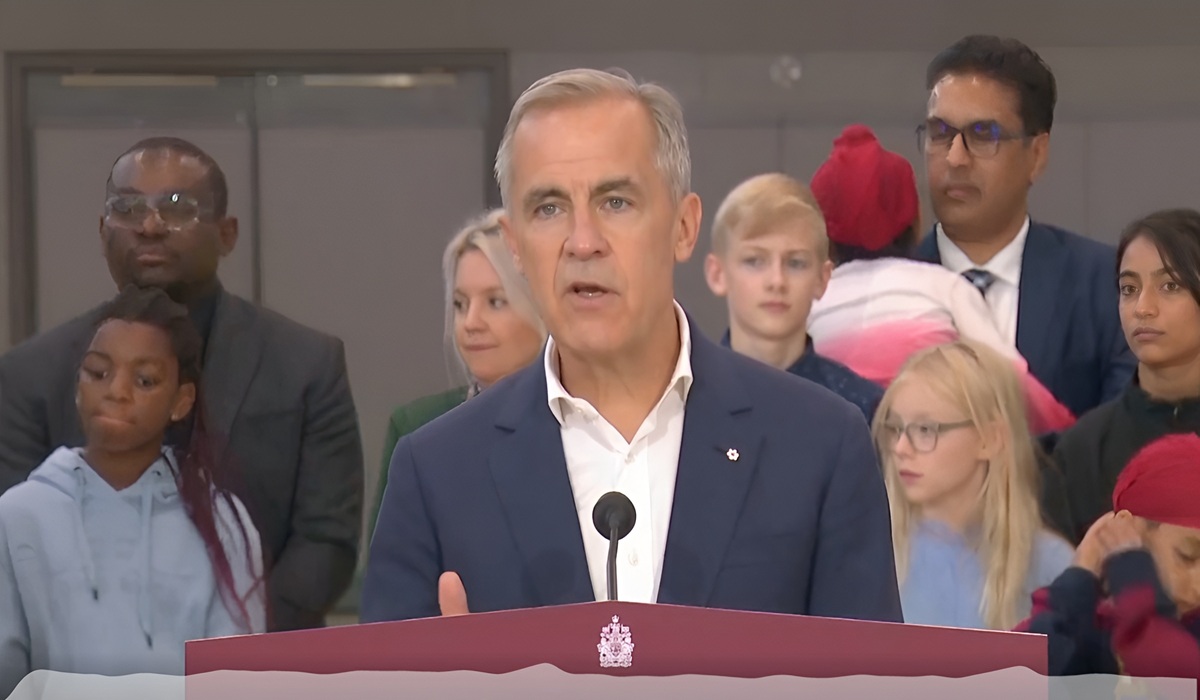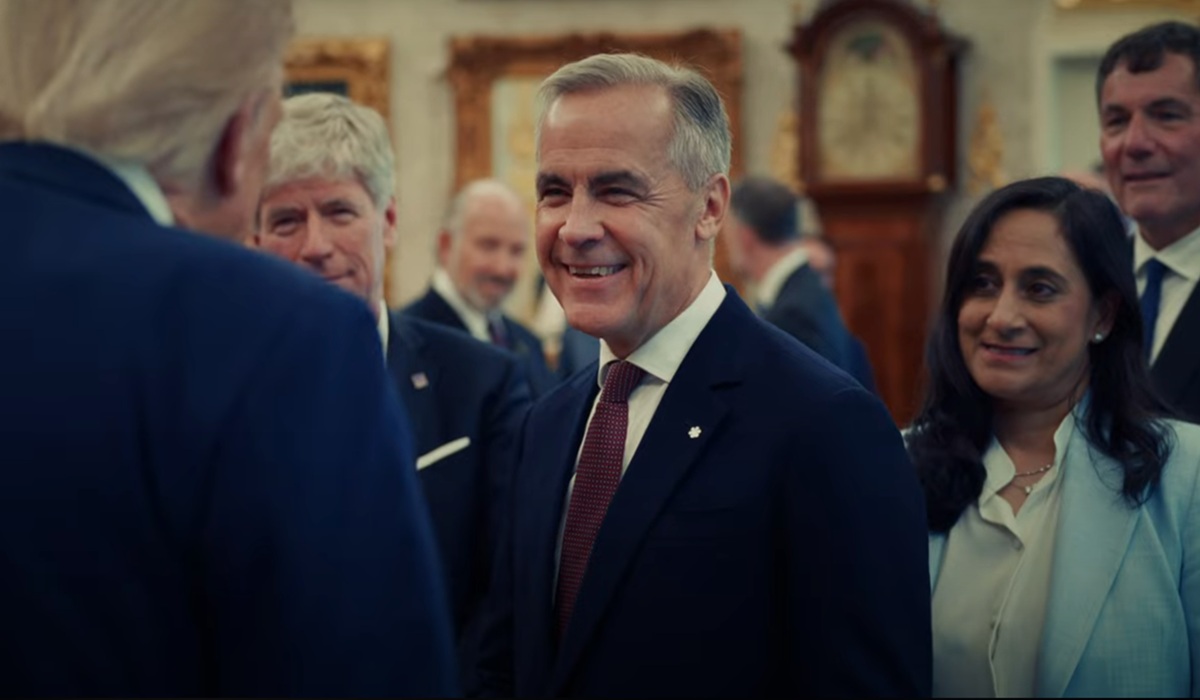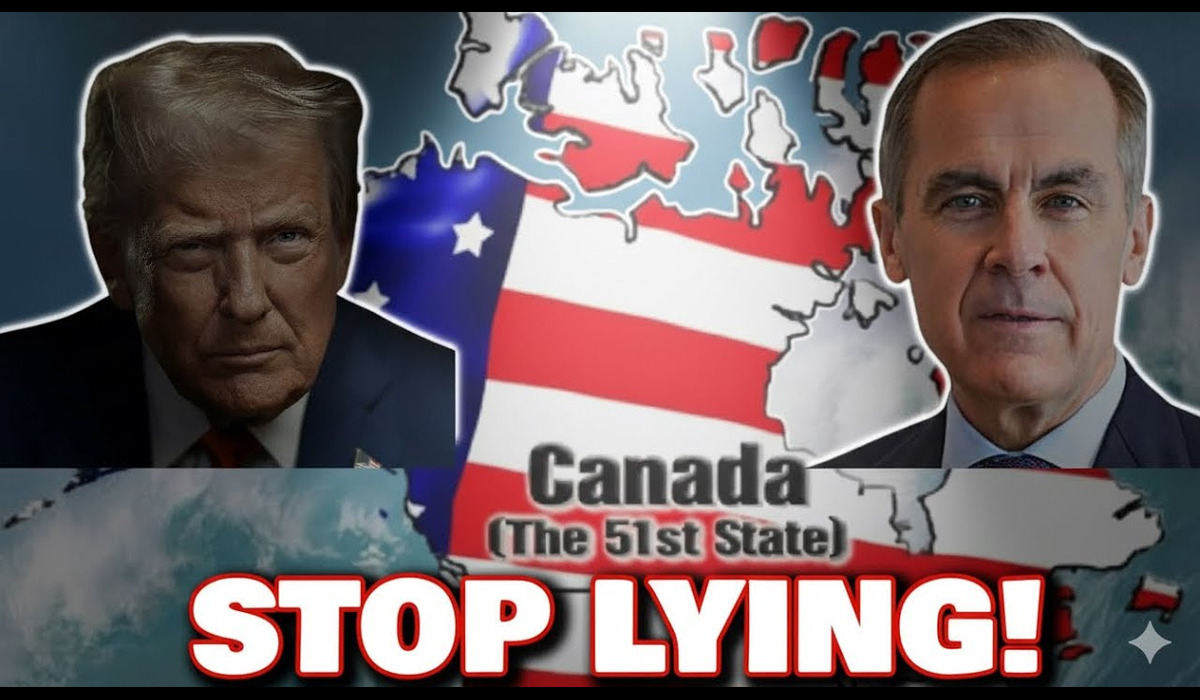By: Donovan Martin Sr, Editor in Chief
Every election season brings a familiar sound—the thunderous noise of the loud, the brazen, and the obnoxious. They’re the ones who dominate headlines, clog social media feeds, and drown out thoughtful debate with the echo of their own self-importance. You know the type. They talk over everyone, insult opponents, and mistake volume for conviction. Yet, for all the noise, they rarely represent what voters truly want.
The truth is that most people who run for office do so with genuine intent. They want to serve their communities, fix broken systems, and bring a higher purpose to public life. Those candidates are often quieter, more reflective, and focused on listening rather than shouting. But amid the noise, their sincerity can get lost—overshadowed by the candidates chasing attention, fame, and the fleeting high of notoriety. Politics, at its best, is about service. But for some, it becomes a stage for ego.
Elections reveal something about us as people. Voters often look for a reflection of themselves in the person they’re putting in office. They want authenticity, someone who shares their frustrations and hopes. But too often, the loudest candidates confuse “relatable” with “reckless.” They mistake being outspoken for being bold, and confuse hostility for honesty. Their campaigns thrive on outrage, treating politics like a sport where insults score points. Yet what they fail to realize is that voters can tell the difference between confidence and arrogance.
Some of these candidates model themselves after Donald Trump—believing that his abrasive, unfiltered style is a universal formula for success. It’s not. Trump’s rise was a singular phenomenon built on decades of celebrity, controversy, and timing that no other candidate can replicate. His defiance of political norms worked because he had already mastered the art of being infamous. For anyone else, that same approach just comes off as desperate imitation—arrogance without charm, noise without influence.
The harsh truth is that politics requires a balance between assertiveness and humility. You can be sharp in your criticism and still be civil. You can challenge an incumbent without being cruel. But when a candidate becomes a know-it-all—when every debate becomes a monologue and every disagreement becomes an insult—they stop being seen as a leader and start being seen as a liability. The energy they project becomes toxic, and voters feel it. Campaigns built on spite burn fast and die faster.
No one is saying candidates shouldn’t be passionate or outspoken. But passion without grace becomes aggression. And once that line is crossed, it’s hard to come back. The candidates who last, the ones who actually earn trust, are those who remember why they started in the first place. They don’t run for the attention—they run because they care. They show up in communities not to grandstand, but to listen. They can disagree without demeaning. They understand that winning an election is not just about gathering votes—it’s about gathering respect.
At the end of the day, humility wins more hearts than hubris ever could. A candidate who speaks with purpose, not ego, can still raise their voice when it matters—but they don’t need to shout to be heard. The loud ones always think they’re controlling the room, but history shows they’re usually the first to lose it.

